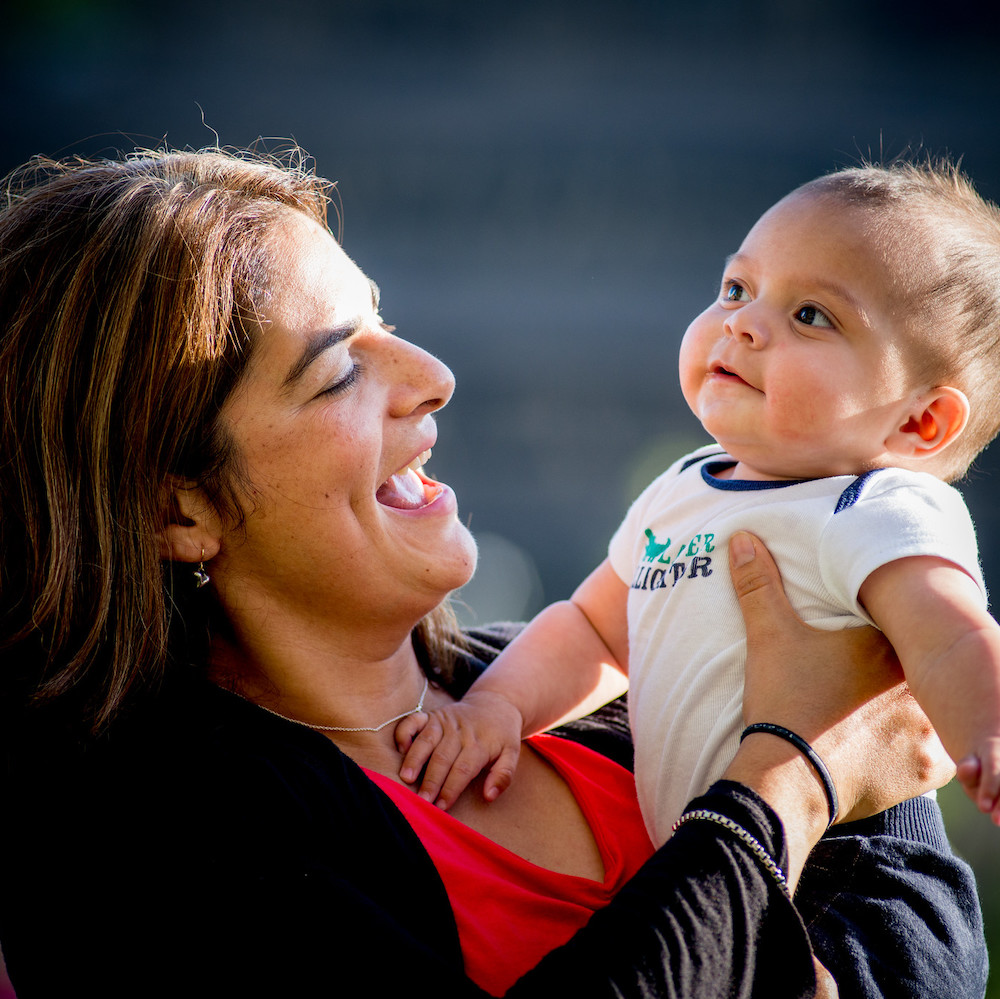 Medicaid is the largest health insurance program in the United States, covering more than 70 million people, including 28 million children. The program is an individual, rather than a family, benefit; resulting in parents/ caregivers and children often having different coverage plans or a parent/caregiver having no insurance. By broadening the scope of health care from an individual level to a family unit or community, Medicaid can support interventions for health and well-being and provide a greater opportunity to thrive among generations.
Medicaid is the largest health insurance program in the United States, covering more than 70 million people, including 28 million children. The program is an individual, rather than a family, benefit; resulting in parents/ caregivers and children often having different coverage plans or a parent/caregiver having no insurance. By broadening the scope of health care from an individual level to a family unit or community, Medicaid can support interventions for health and well-being and provide a greater opportunity to thrive among generations.
The Institute for Medicaid Innovation (IMI), a non-profit, nonpartisan research and policy organization has released its newest fact sheet, “Emerging Family Focus in Medicaid: A Two-Generation Approach to Health Care” that highlights the linkage between children and their parent /caregiver adult’s health. Just as a child’s well-being depends on the social, emotional, and economic health of the parent/caregiver, so too does the parent/caregiver’s well-being depend on the health of the child. In the new fact sheet, IMI explores the impact of these interdependencies and provides opportunities for Medicaid stakeholders to meet the needs of parents, caregivers, and children together.
IMI’s fact sheet has compiled a number of innovative models of Two-Generation health initiatives in Medicaid, ranging from community-based organizations to managed care organizations. The fact sheet also features First 5 LA’s Welcome Baby initiative. The models serve as examples for other Medicaid stakeholders to possibly replicate.
Read and download the full fact sheet here.








